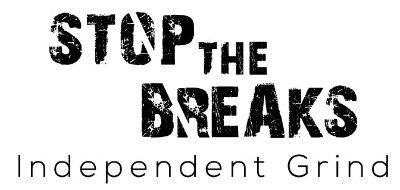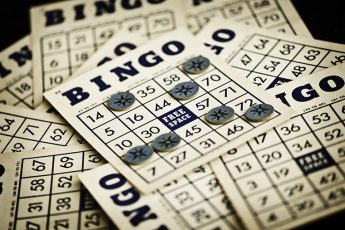
Most individuals listen to music to help themselves relax during the day and right before going to bed. If you don’t want to have sleep troubles, it appears that you should avoid the latter. Scientists from Baylor University decided to find out how music, particularly irritating melodies, can disrupt regular sleep patterns.
They concentrated on a little-studied mechanism: involuntary musical images that occur when a song or melody repeats itself in a person’s head. This normally happens while you’re awake, but they discovered that it can also happen while you’re sleeping.
“Even when music is not being played, our brain continues to analyze it.” “It doesn’t stop even when we sleep,” they explain. He claims that the more you listen to music, the more likely it is that involuntary musical images will become lodged in your head, making it harder to “drive away.” Sleep can deteriorate as a result of this. Often, after visiting lifestyle clubs in Albuquerque or any other ones, you will notice this problem.
Music does not assist you in falling asleep.
The study, which involves interviewing 209 people and closely investigating the behaviors of 50 participants in the Sleep Neurobiology Laboratory, uncovered an intriguing finding. People who have involuntary musical pictures at night on a frequent basis (once or many times per week) are six times more likely to sleep poorly than those who do not have spontaneous musical images.
“Before going to bed, we played three popular and unforgettable songs: Shake It Off (Taylor Swift), Call Me Maybe (Carly Rae Jepsen), and Don’t Stop Believin'” (Journey Band). Original compositions, as well as instrumental arrangements, were performed. We also asked the experiment participants if and how often music stuck in their heads. “Then we investigated if listening to music impacts the physiology of night sleep,” adds the scientist, summarizing the study’s findings.
Participants in the experimental study were watched while sleeping to discover if music had any effect on the physiology of night sleep.
As a result, people who became fixated on the music had a more difficult time falling asleep. They awoke more frequently during the night, and recordings of electrical activity in the brain revealed that they spent more time in the light sleep stages.
“Almost everyone thought music made them sleep better, but we discovered that individuals who listened to more music slept worse,” they say.
Even more shocking, listening to instrumental music reduced sleep quality; those who heard it were twice as likely to experience involuntary musical imagery. These findings dispute the concept that music is a mild sleeping aid that can assist you in falling asleep.
They recommend spending five to ten minutes on paper jotting down a to-do list for the day instead of undertaking hard work or doing other things that can disrupt sleep, such as watching TV or playing video games. An earlier study by the scientist found that writing down activities for five minutes before bedtime helped “discharge” worrying thoughts about the future and help people fall asleep faster.



